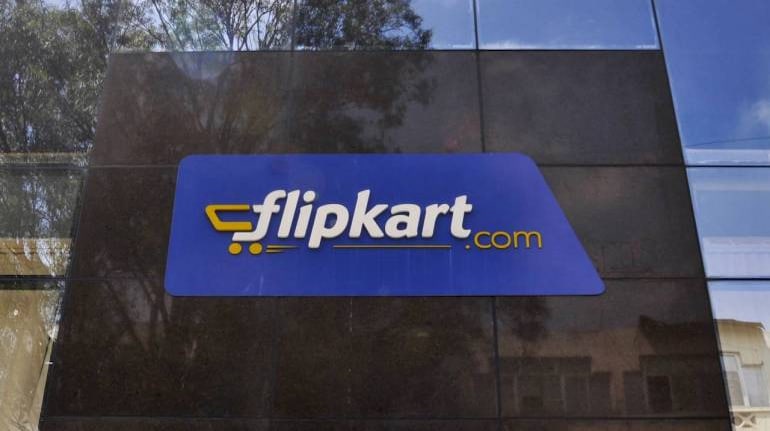Flipkart is aggressively ramping up food and grocery-specific warehousing capacity by lining up dozens of small storage spaces inside metro cities
Walmart-controlled e-commerce major Flipkart is dotting various Indian cities with “dark stores,” or outlets used only for deliveries to the nearby locations, to take on Reliance’s JioMart that went live in May.
Flipkart is aggressively ramping up food and grocery-specific warehousing capacity by lining up dozens of small storage spaces – in the range of 3,000-4,000 sq ft – inside metro cities as the Bengaluru company looks to expand its food and grocery hyperlocal business into Delhi NCR, Mumbai, Pune, Chennai, Hyderabad, Kolkata among other cities, two persons familiar with the development, said.
Last week, Flipkart announced the launch of its hyperlocal services called ‘Flipkart Quick’ in various parts of Bengaluru, where consumers can book a two-hour delivery of about 2,000 products like grocery, fresh items and smartphones, among other electronic items.
“In addition to their plans to use kirana stores, they are creating their own independent network of such storage facilities in various cities,” said one of the persons, asking not to be identified. “For example, in Delhi city, they are looking to have about a dozen such small storage facilities to begin with. The fast moving goods will be frequently supplied to such small storages from the fulfilment centres outside of the city.”
A spokesperson for Flipkart said the company continues to make investments to enhance their capabilities to deliver value for sellers and consumers. “With regard to our hyperlocal capabilities, we will be expanding to six additional cities in the coming months with a focus on a 90-minute delivery model for a handpicked assortment of products,” the spokesperson said in an emailed response.
The Covid-19 pandemic and subsequent lockdowns have been a blessing in disguise for online grocery sellers BigBasket, Grofers, Amazon and Flipkart with orders spiralling multi-fold compared to the pre-Covid-19 months.
For example, Mumbai-based Nova Enterprises, that sells FMCG products on both Amazon and Flipkart, said its business is already touching a level it only sees during Diwali, the festive season that accounts for a quarter of Nova’s business. So online FMCG sellers like Nova are increasing their own warehousing in various cities.
Last week, Nova doubled its warehousing capacity to about 20,000 sq ft in Kolkata. “Despite doubling in Kolkata, my warehouses are already running almost full capacity,” said Sachin Doshi, partner of Nova.
Last month, Flipkart acquired India wholesale business of Walmart and ET had reported in February that Flipkart plans to convert many of the Walmart’s Best Price outlets into fulfilment centres.
Flipkart has also asked its FMCG sellers to ramp up their own warehousing and introduced Flipkart Alpha Lite programme of taking spaces from its vendors to provide technology and equip them to function as Flipkart’s warehousing.













![Hotstar Premium Cookies 2019 [*100% Working & Daily Updated*] Hotstar Premium Cookies 2019 [*100% Working & Daily Updated*]](https://tahav.com/wp-content/uploads/2019/11/Hotstar-Premium-Cookies-Free-100x70.jpg)



